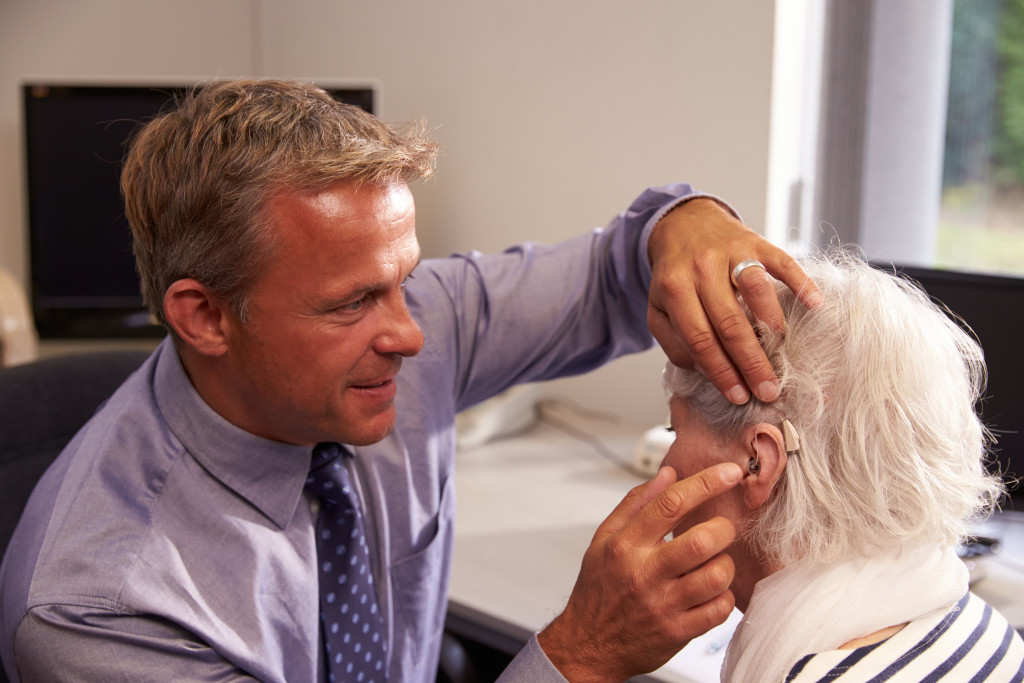Many health care professionals find that the best way to provide high-quality care is to develop good relationships with their patients. Good patient-provider communication is essential to developing these relationships and providing adequate care. This means taking the time to listen to patients, understanding their concerns, and providing clear and accurate information.
The importance of the doctor-patient relationship
Building good relationships with patients is vital for several reasons. First, it can help build trust between the patient and the provider. This trust is essential for the patient to feel comfortable sharing information about their health and feel confident in their care.
If patients don’t trust their healthcare provider, they may be less likely to seek medical care when they need it. They may also be less likely to follow the provider’s instructions, leading to poor health outcomes.
Second, patient-provider solid relationships allow for better communication. This communication is critical for understanding the patient’s health and treatment needs, as well as for providing support to the patient.
Healthcare professionals that need to build relationships with patients
All healthcare professionals need to develop good relationships with their patients. This includes the following professionals:
- Doctors
- Nurses
- Physicians
- Surgeons
- Dentists
- Optometrists
- Chiropractors
- Psychologists
- Therapists
All doctors, including those in private practice and working for hospitals, must build good relationships with their patients. Relatively, nurses from nursing homes, hospitals, and clinics are expected to establish healthy relationships with patients, regardless of the care they need.
Tips for building relationships with patients

Be available
Patients need to feel like they can contact you whenever they have a question or concern. Being available is crucial to build their trust and show them that they can rely on you anytime. Ensure they have your contact information and be responsive when they reach out to you.
Take the time to listen.
To build a good relationship with your patient, you need to take the time to listen to them. This means listening carefully to what they say and understanding their concerns. It can also help to ask questions so that you can get a better understanding of their situation.
Show empathy
When interacting with your patients, it’s important to remember that one size doesn’t fit all. What works for one person might not work for another, so you’ll need to use your judgment and empathy to determine what approach will work best in each situation.
Patients can often feel scared or anxious about their health, and it’s important to show empathy for these feelings. You can do this by putting yourself in the patient’s shoes and understanding what they are going through.
Be clear and accurate.
When providing patient information, it’s essential to be clear and accurate. This means using language that the patient can understand and concise information. It’s also essential to avoid making assumptions about what the patient knows.
Sometimes, doctors can make assumptions about their patients that may not be accurate, and this can create a barrier to communication. For example, a doctor might assume that a patient is not interested in learning more about their condition or treatment options. Or, a doctor might think that a patient understands everything they are saying when in reality, the patient may not be able to follow all of the medical jargon.
It’s important to be aware of these potential barriers to communication to avoid them as much as possible.
Be supportive
A big part of building good relationships with patients is providing support. This includes listening to them, empathizing with them, and answering any questions. It can also help to encourage the treatment process.
Patients need support to cope with their illness and treatment. This support can come from family, friends, or healthcare professionals. Good relationships with healthcare professionals can make a big difference in a patient’s experience and outcome.
Follow up
After you’ve seen a patient, it’s important to follow up with them. This means checking in to see how they’re doing and seeing if they have any questions or concerns. This follow-up can help to solidify the relationship and ensure that the patient feels supported.
Be positive
It’s important to be positive and supportive when communicating with patients. This can help to put them at ease and make them feel more comfortable. Patients often respond better to a positive attitude, so try to stay upbeat even when things get tough.
Building good relationships with patients is essential for providing high-quality care. By taking the time to listen, show empathy, be clear and accurate, provide support, and follow up, you can develop strong bonds with your patients that will lead to better health outcomes.

